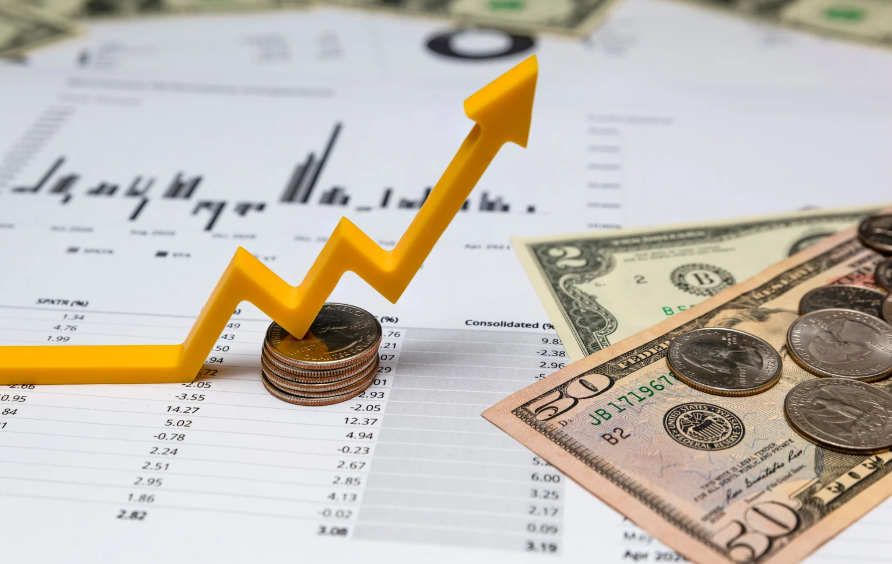Understanding the Impact of Increased Mortgage Rates on Buyer Enthusiasm
Mortgage rates play a crucial role in determining the dynamics of the housing market. They directly influence the cost of financing a home, and even minor fluctuations can significantly affect buyer behavior. Recent analyses indicate a slight uptick in mortgage rates, which leads to questions about how this may shape buyer enthusiasm in an evolving real estate landscape. While the immediate ramifications of this increase are uncertain, it is essential to explore the various factors at play.
The Current State of Mortgage Rates
As of recent reports, mortgage rates have experienced a slight increase. Historically, these rates have been at unprecedented low levels over the past couple of years, fostering a real estate market characterized by high buyer demand. This environment made it possible for many individuals to finance homes at favorable terms, fueling growth in property sales and home prices. However, even minor increases in these rates can dampen buyer excitement, presenting a potential shift in market dynamics.
Understanding Buyer Enthusiasm
Buyer enthusiasm is often driven by various elements, including economic conditions, employment rates, and consumer sentiment. Housing affordability is a key component; as mortgage rates rise, the overall monthly payment for a home increases, potentially pricing certain buyers out of the market. Therefore, any increase in mortgage rates—no matter how small—can cause prospective buyers to rethink their purchase decisions, leading to a broader cooling effect across the market.
Historical Context of Mortgage Rate Fluctuations
Historically, fluctuations in mortgage rates have prompted shifts in buyer behavior. For instance, during periods of rising rates, the urgency to purchase often diminishes, as buyers weigh the implications of higher financial commitments. Conversely, when rates drop, buyers are often more inclined to purchase homes, leveraging the lower borrowing costs. An increase in mortgage rates may create a sense of urgency among buyers to secure properties quickly before rates escalate further, but a prolonged rise could lead to a pervasive hesitation.
Market Predictions and Economic Indicators
Predicting the exact impact of a slight increase in mortgage rates requires analyzing broader economic indicators as well. Factors such as inflation, job growth, and consumer confidence can indicate whether this trend will persist or reverse. If the economy remains stable and growth continues, the increase might have a muted effect on buyer enthusiasm. However, signs of a weakening economy might exacerbate the impact, causing buyers to become increasingly cautious in their purchasing decisions.
The Role of Inventory and Competition
The level of housing inventory is another vital variable in understanding how mortgage rates affect buyer enthusiasm. Limited available homes in a competitive market can retain buyer interest despite rising mortgage costs. In contrast, an oversupply of homes may exacerbate the cooling effect of higher rates, leading to lower demand and slower sales. Ultimately, buyer enthusiasm is not an isolated variable; it interacts closely with market conditions, inventory levels, and overall economic sentiment.
Conclusion
The slight increase in mortgage rates presents a complex scenario for the housing market, with potential implications for buyer enthusiasm and market activity. While this rise may create hesitation among some buyers, the broader context, including economic indicators and housing inventory levels, will ultimately dictate the extent of its impact. Buyers and industry stakeholders alike must stay informed and adaptable in the face of evolving market conditions to navigate these fluctuations effectively.
FAQs
Q1: What influences mortgage rates?
A1: Mortgage rates are influenced primarily by economic factors such as inflation, employment rates, and the overall health of the economy. Additionally, the Federal Reserve’s monetary policy and actions can also impact mortgage rates.
Q2: How do rising mortgage rates affect homebuyers?
A2: Rising mortgage rates increase the monthly payment amounts for home loans, which can lead to decreased affordability and may deter some buyers from pursuing home purchases.
Q3: What should buyers do in a rising mortgage rate environment?
A3: Buyers may want to consider locking in a mortgage rate quickly and exploring pre-approval options to understand their financing limits before rates increase further.
Q4: Are there specific strategies to counteract rising mortgage rates?
A4: Strategies may include seeking adjustable-rate mortgages, considering smaller homes, or exploring different locations with relatively lower housing costs. Consultation with a mortgage expert can also be beneficial.
Q5: Will rising mortgage rates cause home prices to fall?
A5: While higher mortgage rates can decrease buyer demand, potentially leading to price stabilization or declines, this shift also depends heavily on other market factors such as inventory levels and interest in particular neighborhoods.

